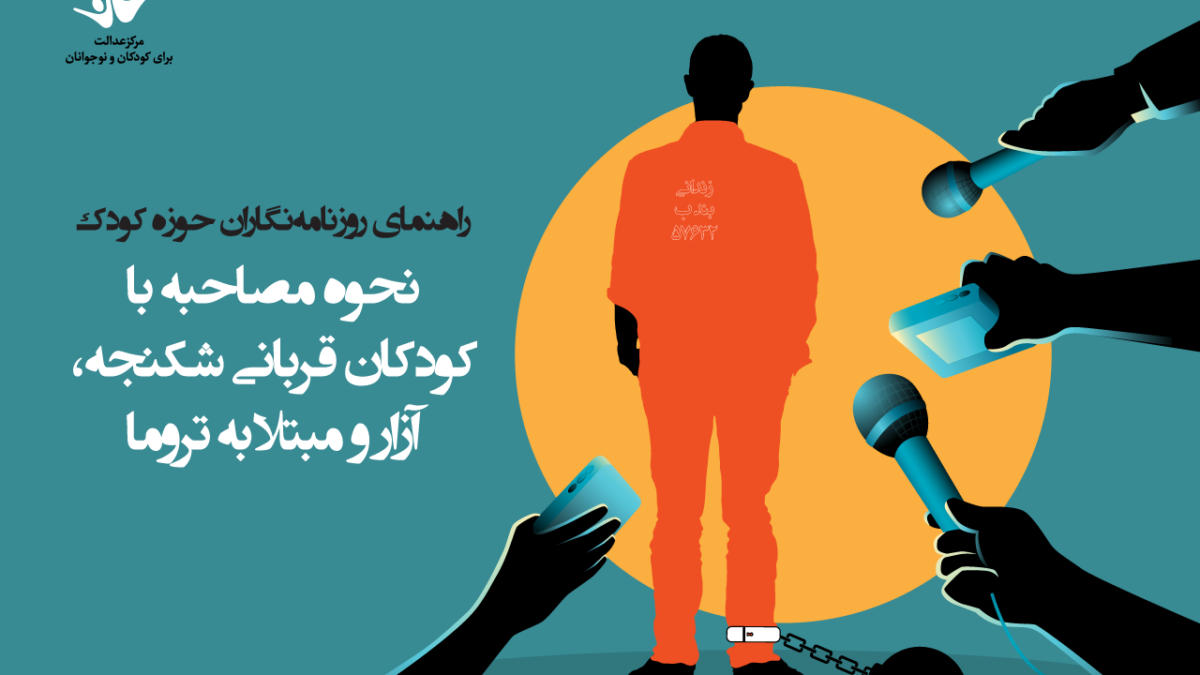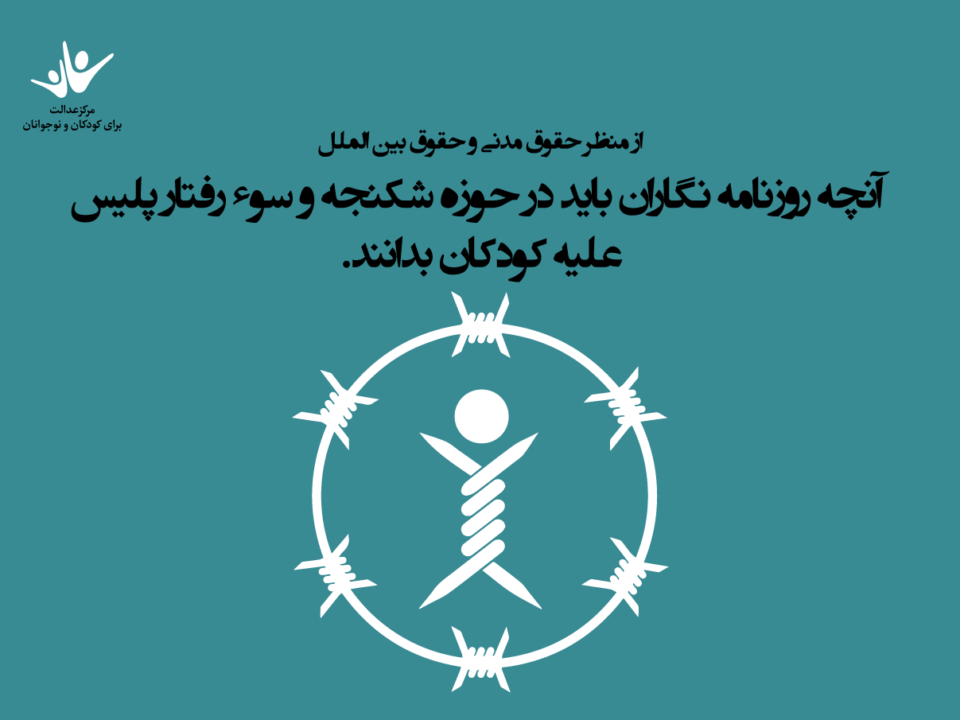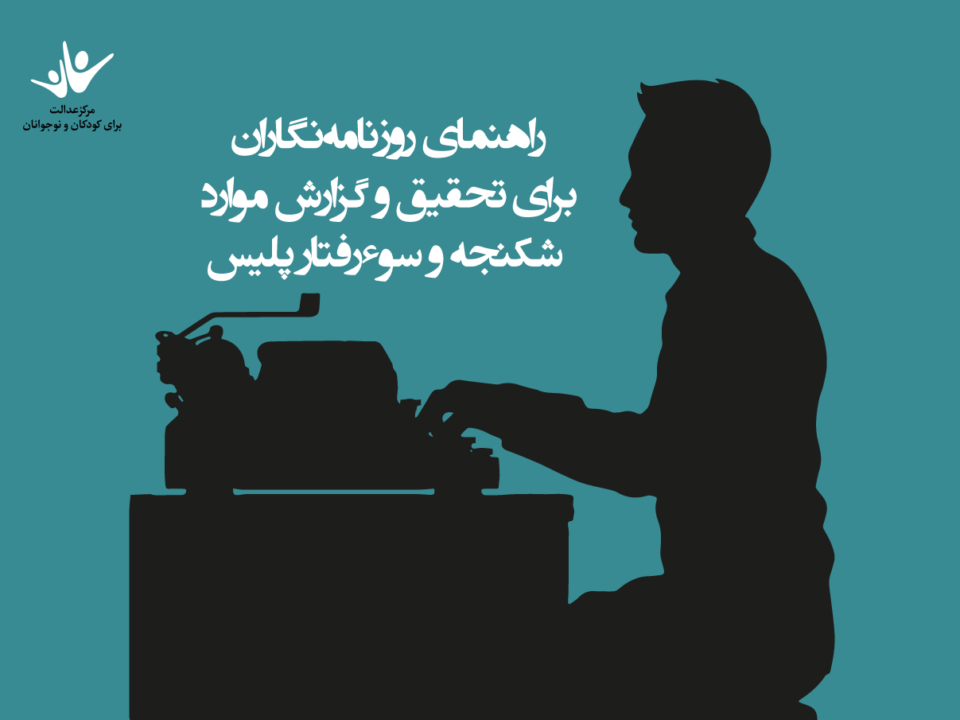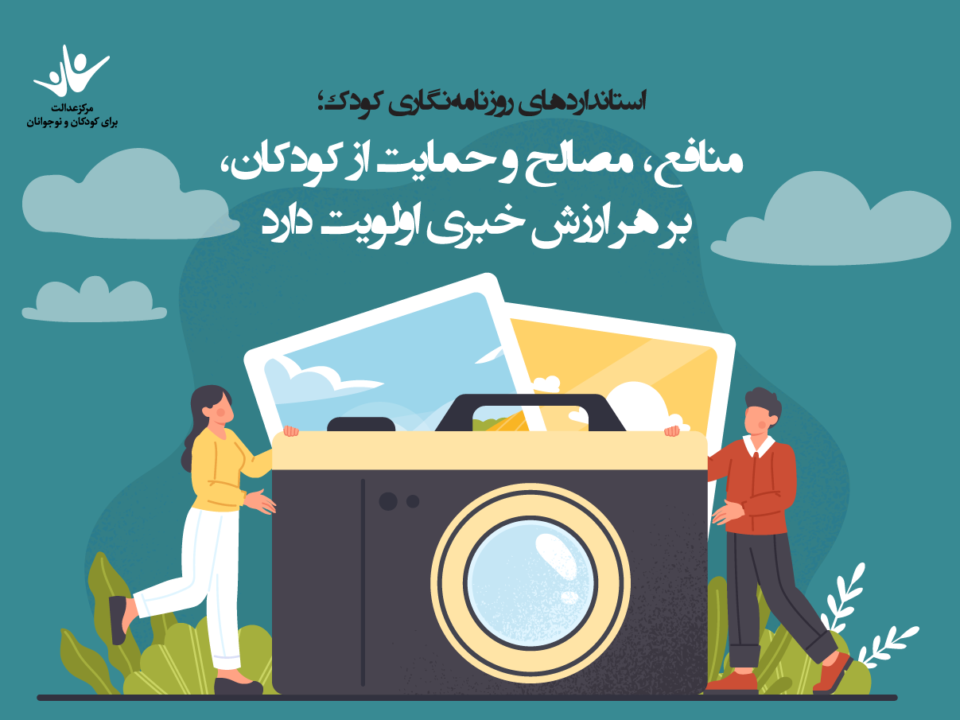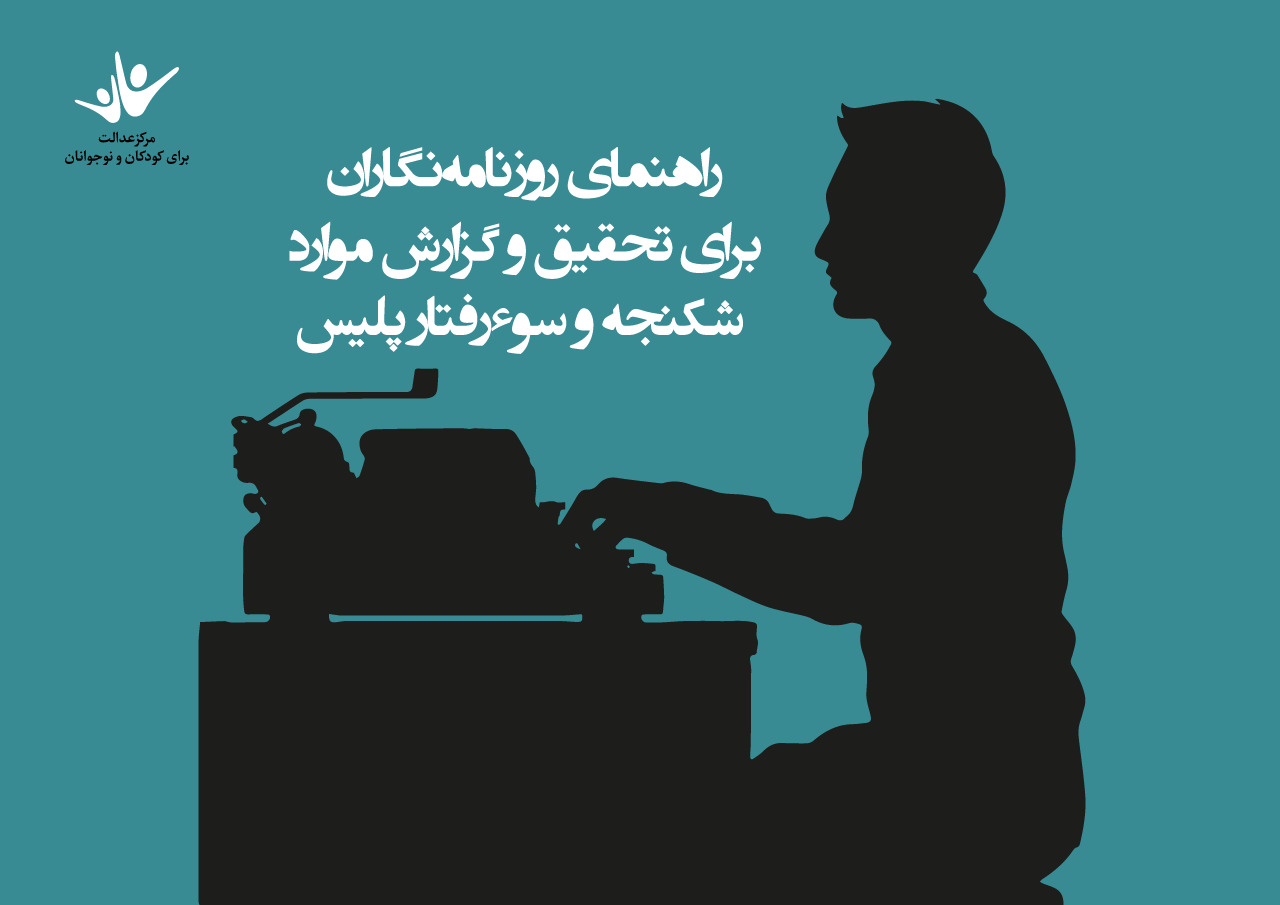
Journalists’ Guide to Investigating and Reporting Cases of Police Torture and Misbehavior
May 3, 2023
What journalists should know about torture and police misconduct against children
May 3, 2023Torture is denied and prohibited in both domestic and international laws, and no government is authorized to torture its citizens under any circumstances. Torture has various forms and carries different physical and psychological consequences. As journalists, we should not simply overlook cases of torture. Uncovering the truth, as a principle of journalism, demands greater attention when it comes to the issue of torture.
This guide aims to outline instances of torture and remind journalists of professional principles when conducting interviews with torture victims, those who have suffered abuse and trauma. It teaches journalists how to establish constructive communication when facing child victims of torture, ensuring that they can help uncover the truth without causing further harm to the victims.
Published at Juvenile Justice Center
نحوه مصاحبه با کودکان قربانی شکنجه، آزار و مبتلا به تروما
شکنجه هم در قوانین داخلی و هم در قوانین بینالمللی نفی و ممنوع شده و هیچ دولتی در هیچ شرایطی مجاز به اعمال شکنجه علیه شهروندان نیست. شکنجه اشکال مختلف و تبعات جسمی و روانی متفاوتی نیز به همراه دارد، آنچه مهم است اینکه به عنوان روزنامهنگار نباید از کنار مصادیق شکنجه به سادگی بگذریم. کشف حقیقت به عنوان یک اصل روزنامهنگاری، وقتی به مسالهای تحت عنوان شکنجه میرسد، توجه بیشتری را میطلبد.
این راهنما میکوشد ضمن تشریح مصادیق شکنجه، اصول حرفهای برای انجام مصاحبه با قربانیان شکنجه، آزار و مبتلا به تروما را یادآوری و به روزنامهنگاران بیاموزد که در مواجهه با کودکان قربانی شکنجه، چگونه ارتباط برقرار و به صورت سازنده مصاحبه کنند، تا هم به کشف حقیقت کمک کنند و هم باعث آسیب مجدد به قربانی نشوند.

